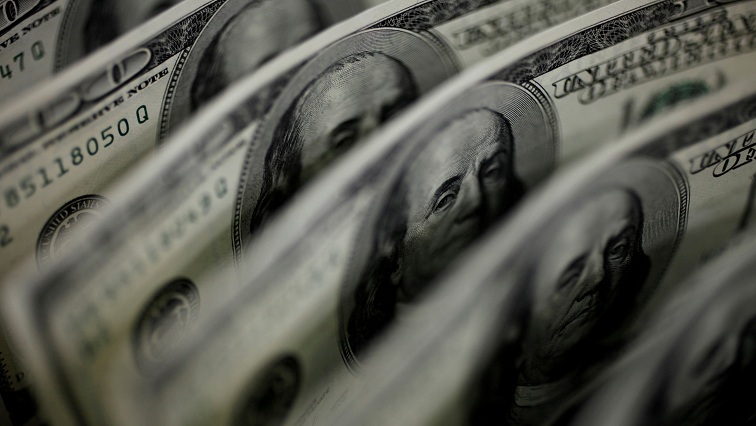The dollar gained broadly on Wednesday, reaching 16-month highs against the euro and an almost five-year top against the Japanese yen as investors bet that the US Federal Reserve will tighten monetary policy faster than its peers.
Fed officials have contributed to the more hawkish view that the US central bank may act sooner to try to stem rising price pressures if inflation doesn’t moderate, while the European Central Bank (ECB) is expected to remain more dovish as growth in the region lags.
Various Fed policymakers said they would be open to speeding up the elimination of their bond-buying program if high inflation held and move more quickly to raise interest rates, minutes of the bank’s last policy meeting released on Wednesday showed.
The dollar’s strength is reflection of the willing dovishness the leadership of the ECB is presenting, versus a little more concern being shown by the Fed for inflation, so therefore maybe a little bit of a divergence on policies, said Lou Brien, a market strategist at DRW Trading in Chicago.
San Francisco Fed President Mary Daly also said on Wednesday that she could see a case being made to speed up the Fed’s tapering of its bond purchases.
The dollar index gained 0.37% on the day to 96.853.
The euro fell 0.44% to $1.1199.
The single currency was hurt by data on Wednesday showing German business morale deteriorated for the fifth month running in November as supply bottlenecks in manufacturing and a spike in coronavirus infections clouded the growth outlook for Europe’s largest economy.
The dollar reached an almost five-year high of 115.50 against the Japanese yen after data showed that US consumer spending increased more than expected in October, while price pressures also heated up during the month.
The greenback reached a seven-month high against the Swiss franc.
Other data on Wednesday showed that the number of Americans filing new claims for unemployment benefits fell to the lowest level since 1969 last week, while gross domestic product data confirmed that growth slowed sharply in the third quarter.
The New Zealand dollar fell as low as $0.6856, the lowest since August 23, after the country’s central bank raised rates by a quarter of a percentage point to 0.75%, disappointing some traders that had expected it may raise rates by half a percentage point.
US markets will be closed on Thursday for the Thanksgiving holiday.


